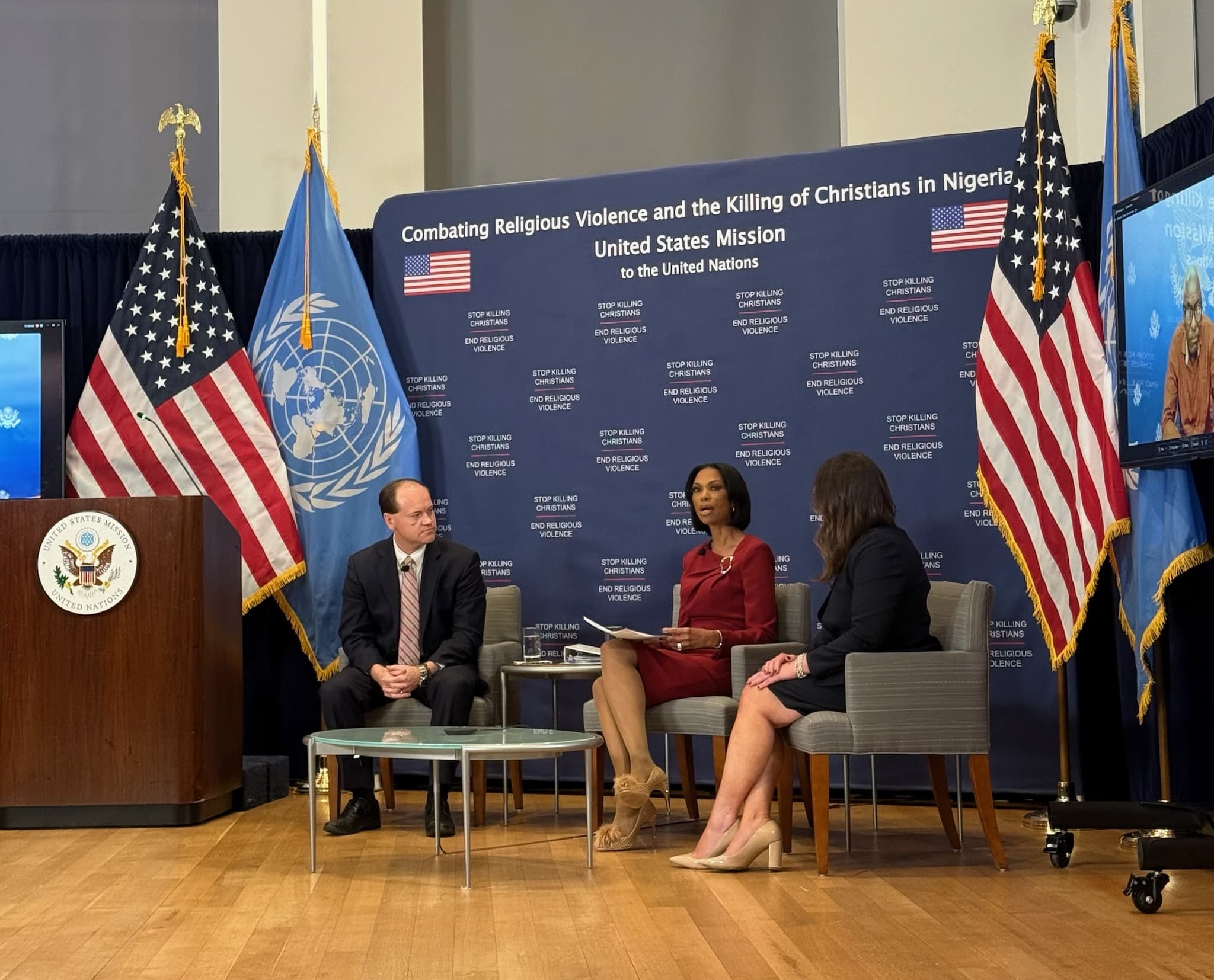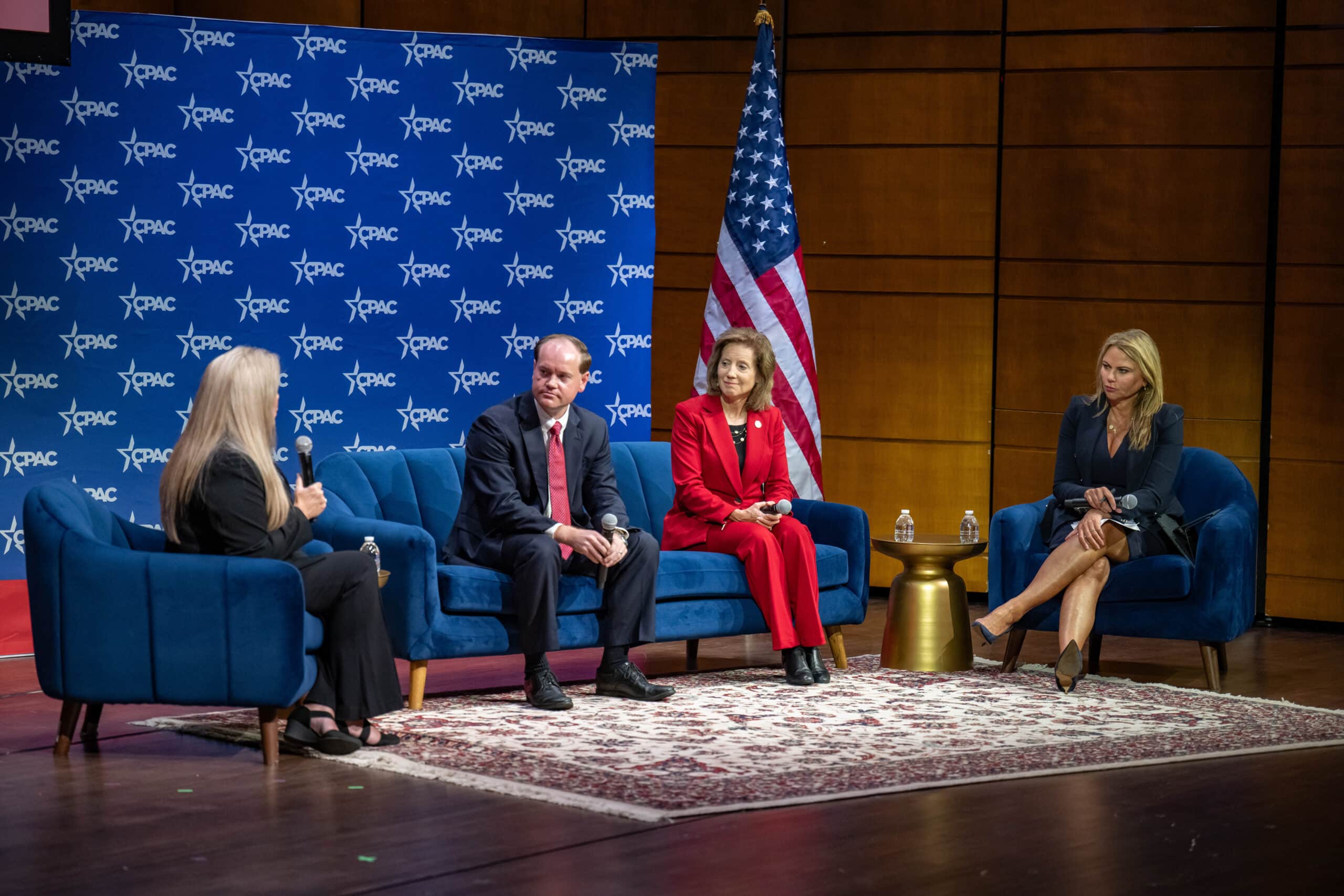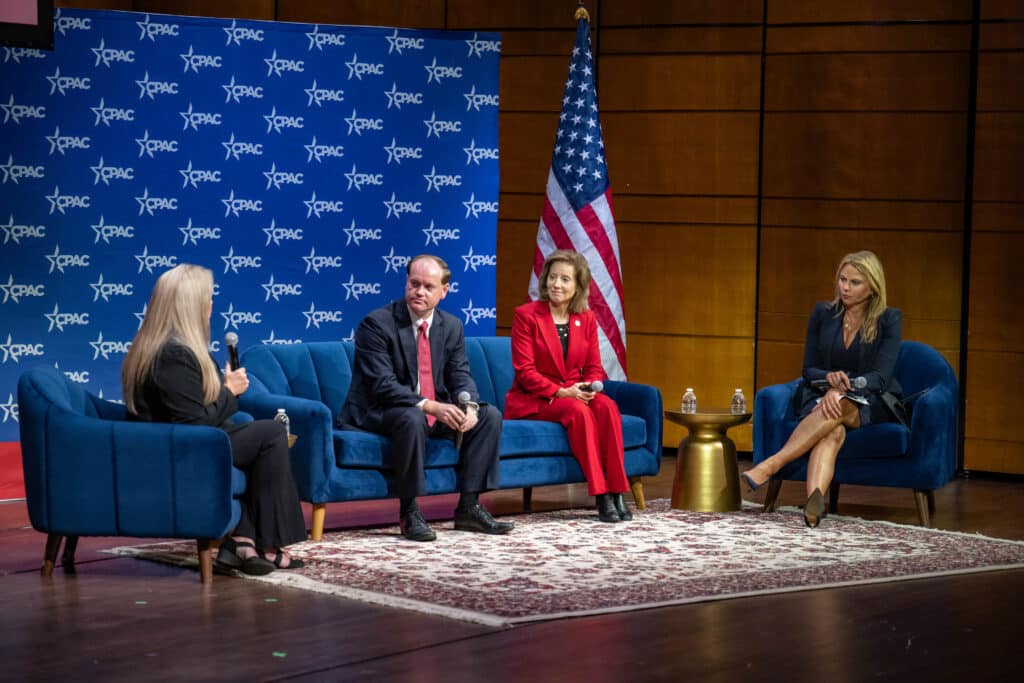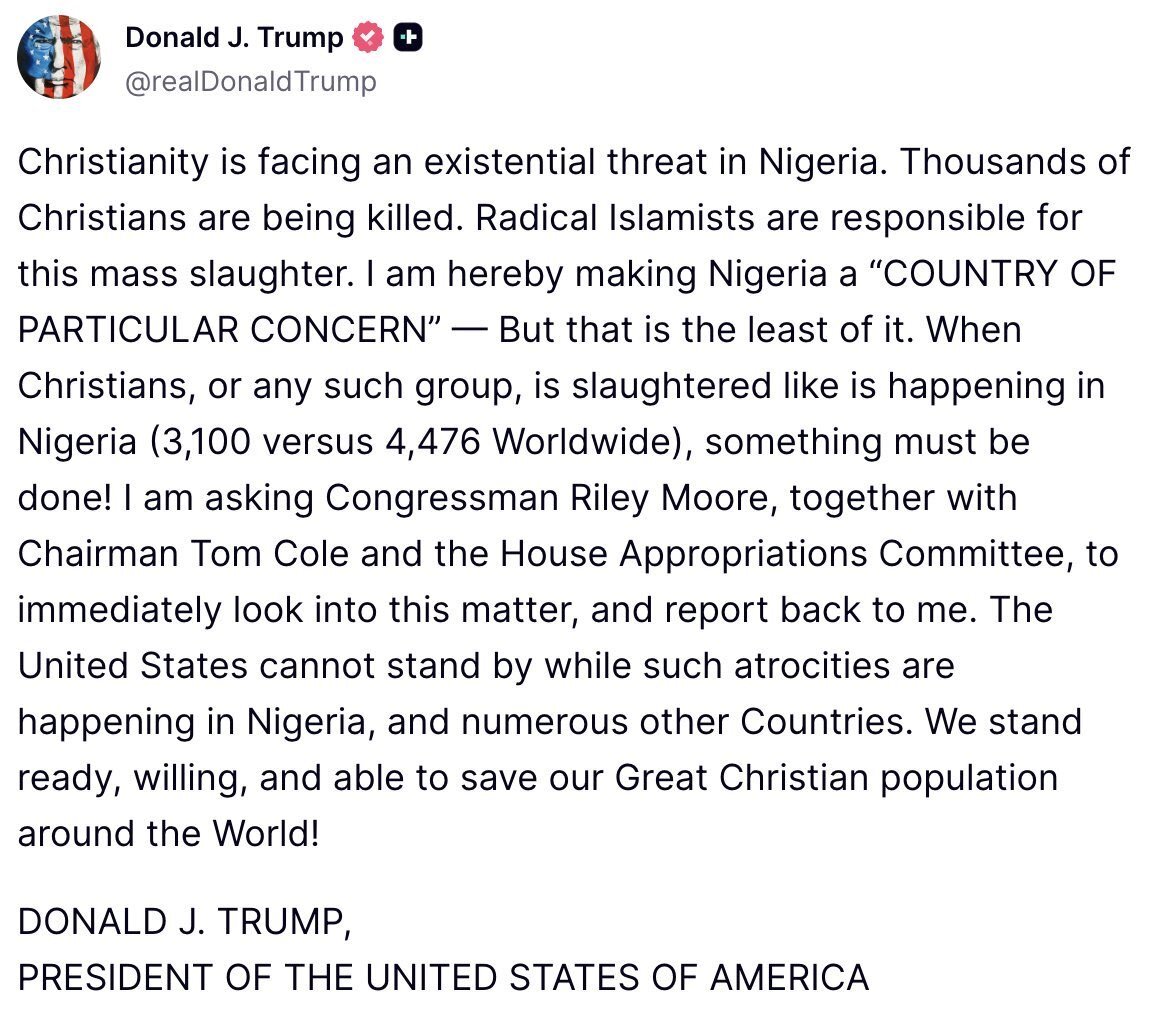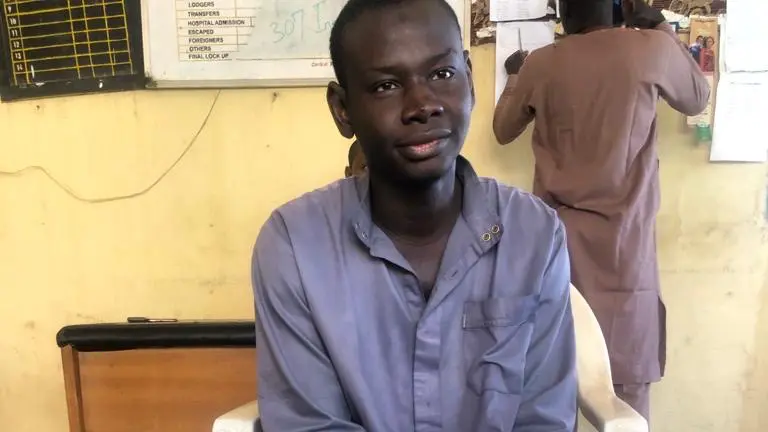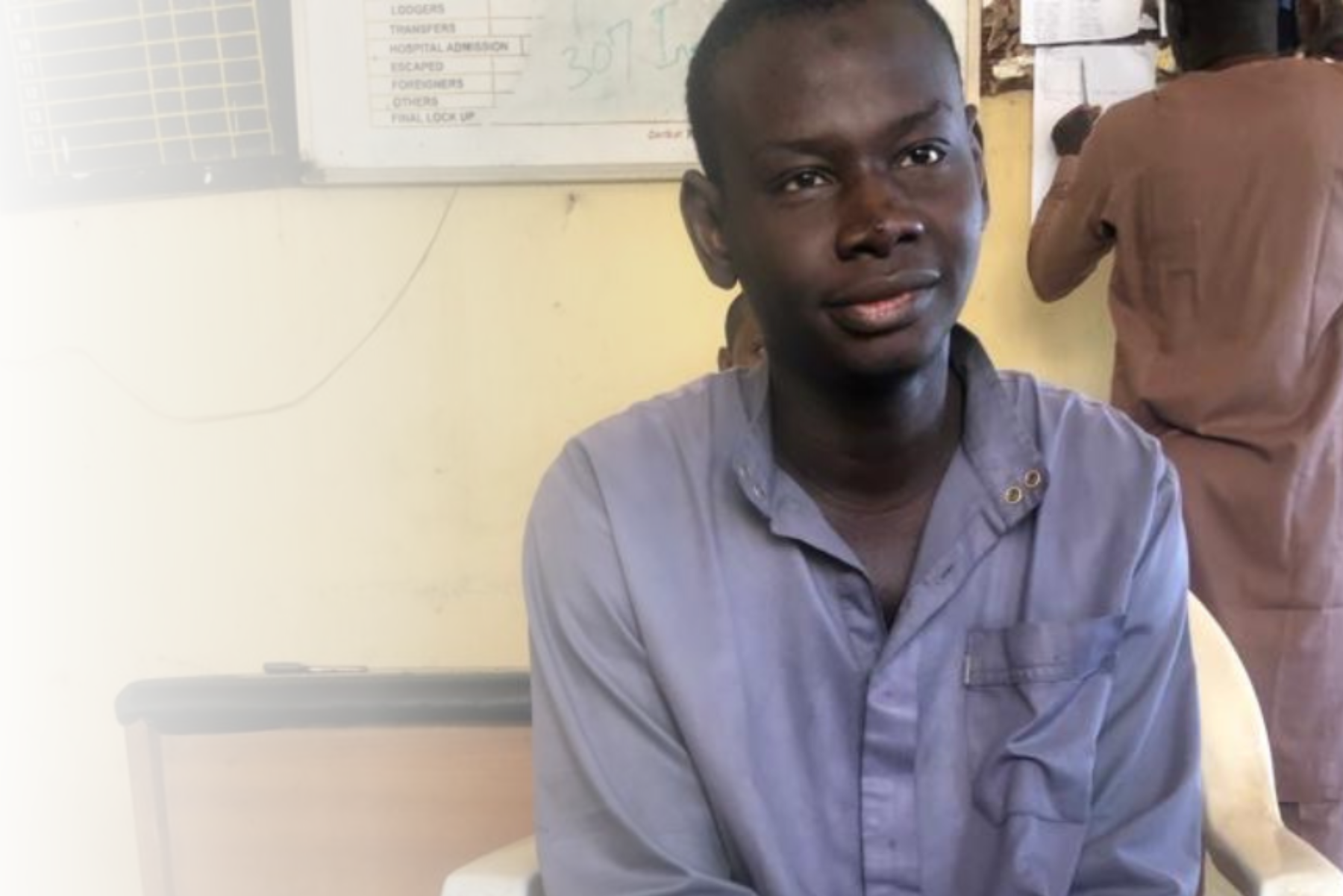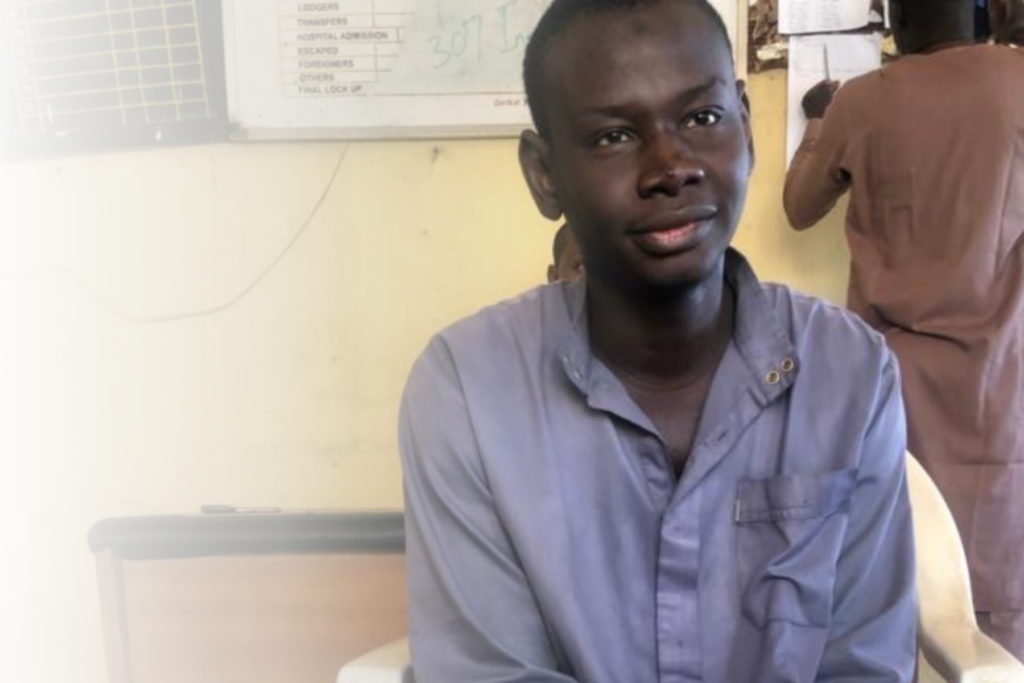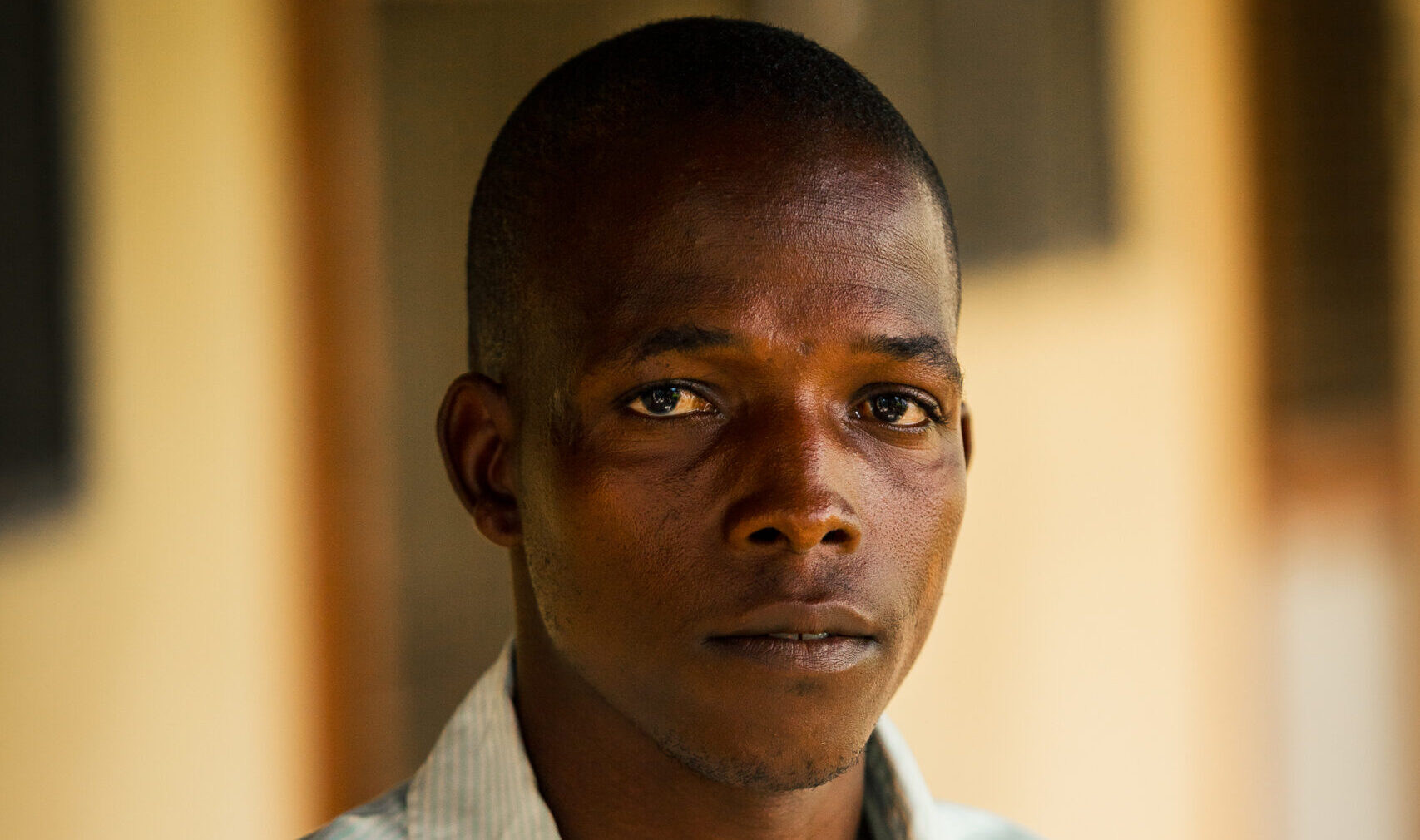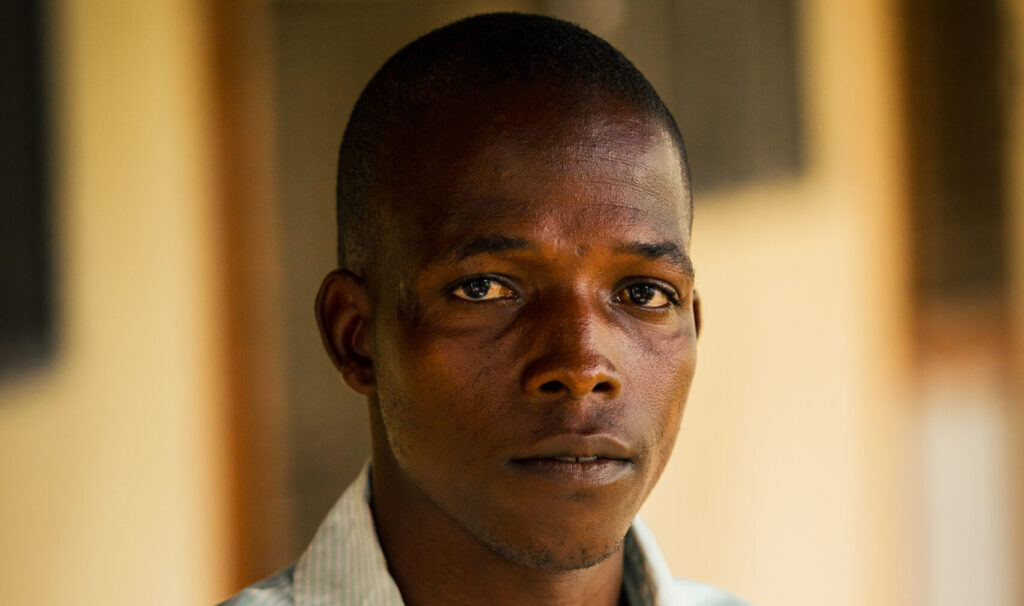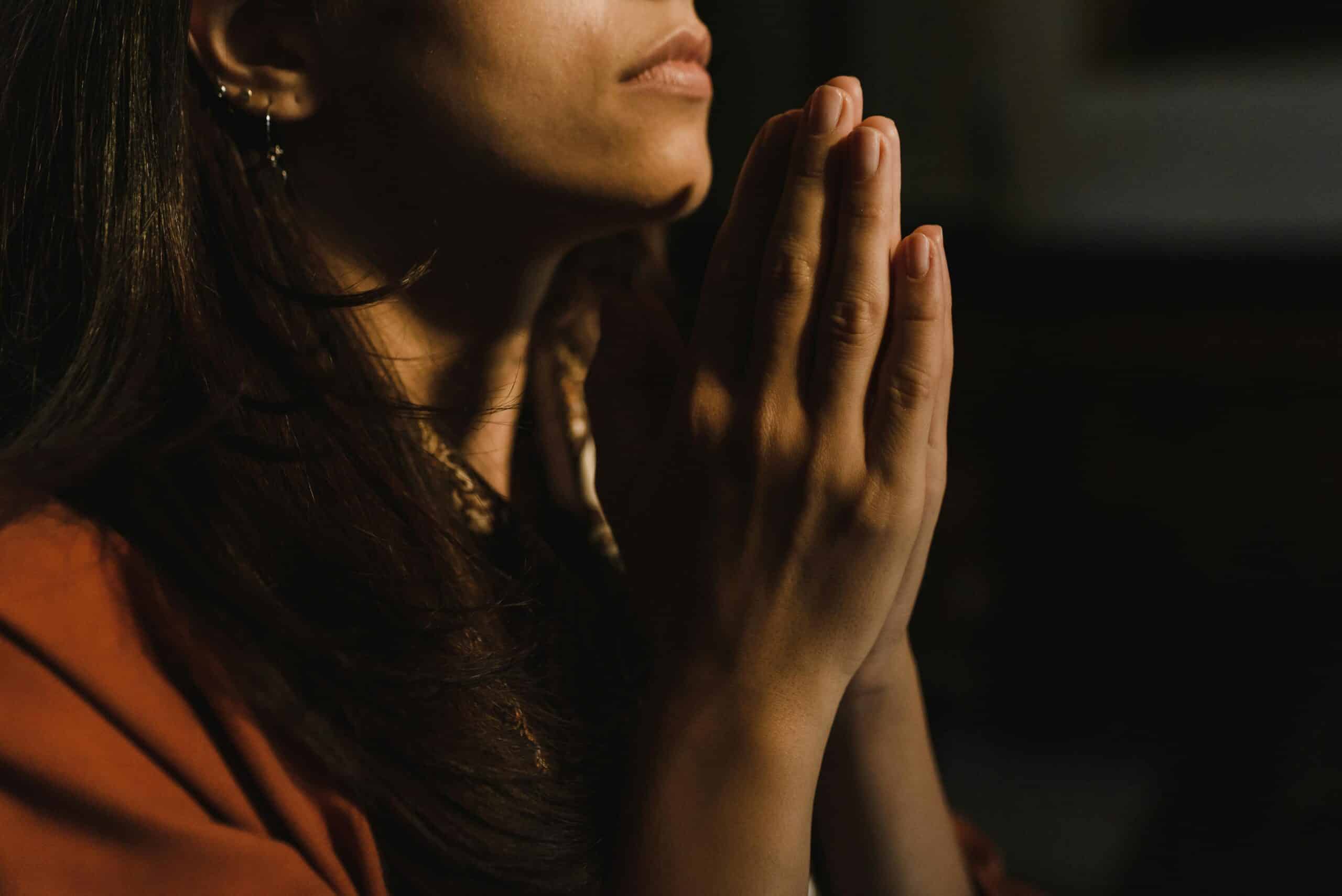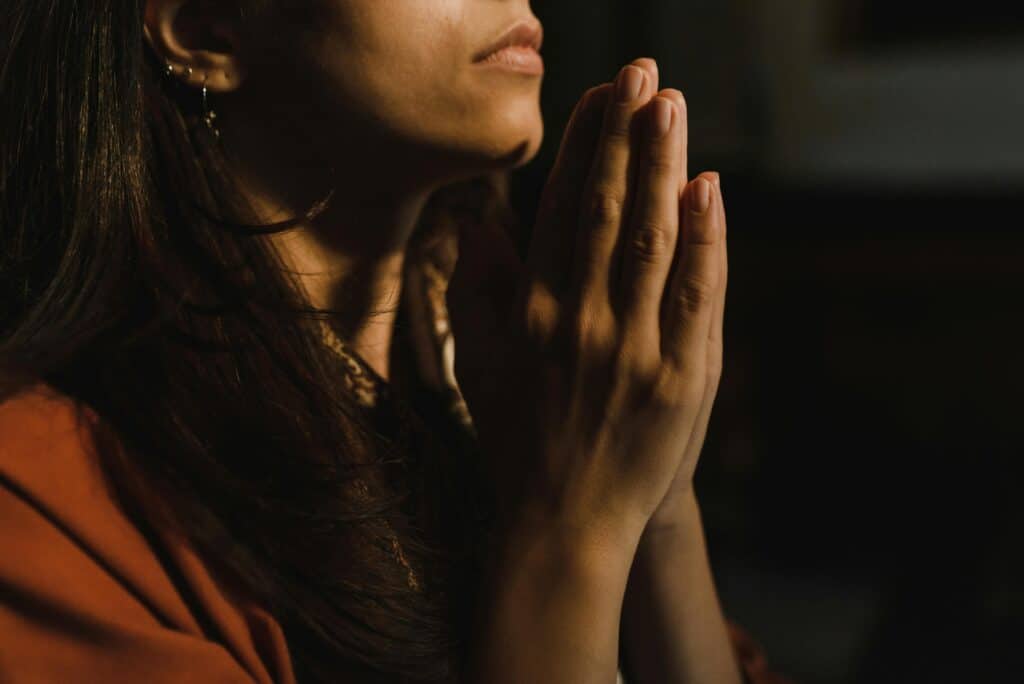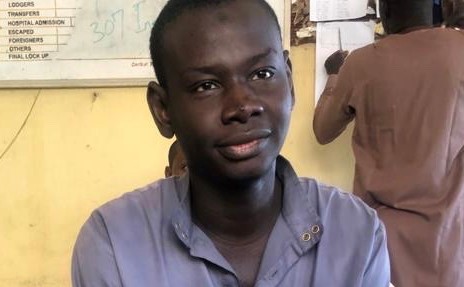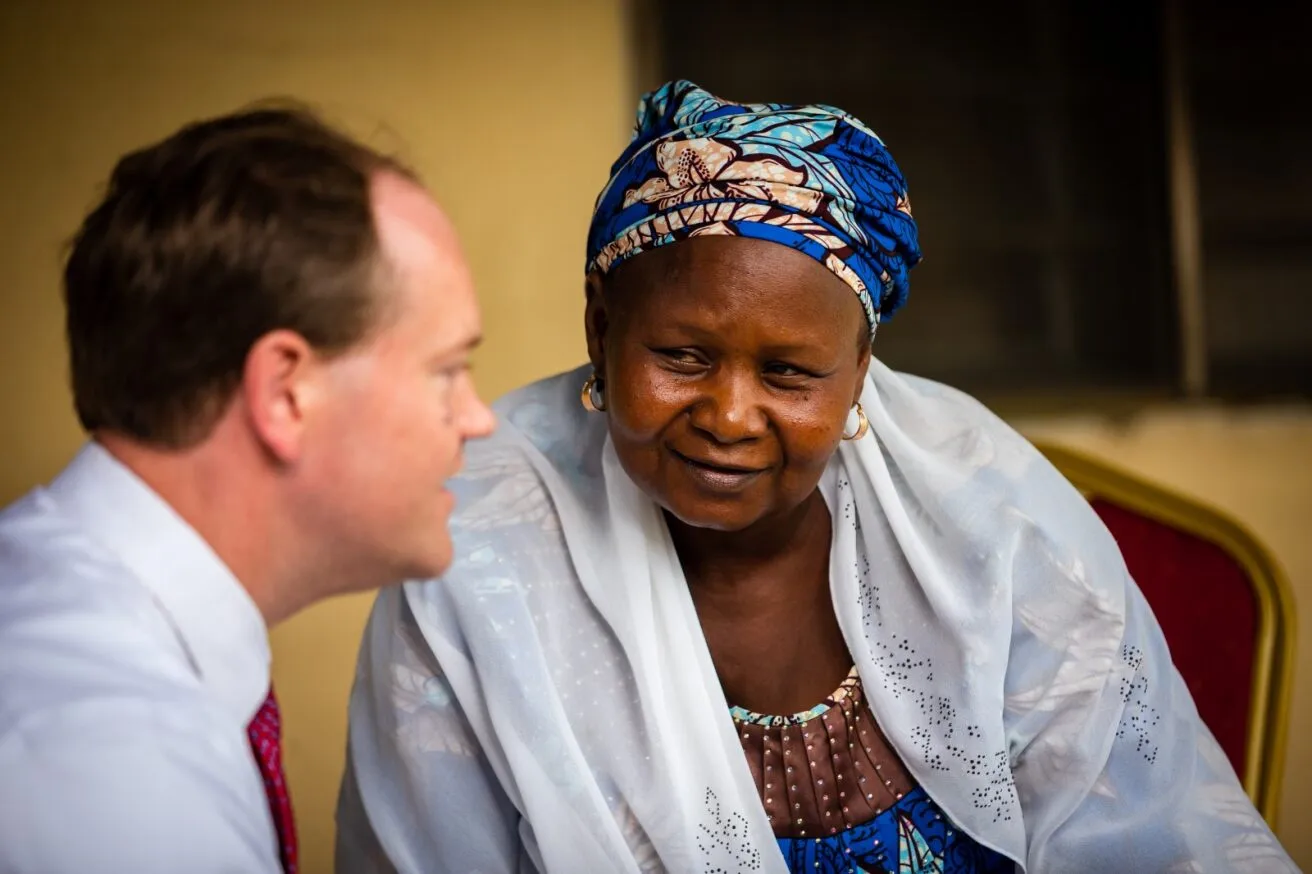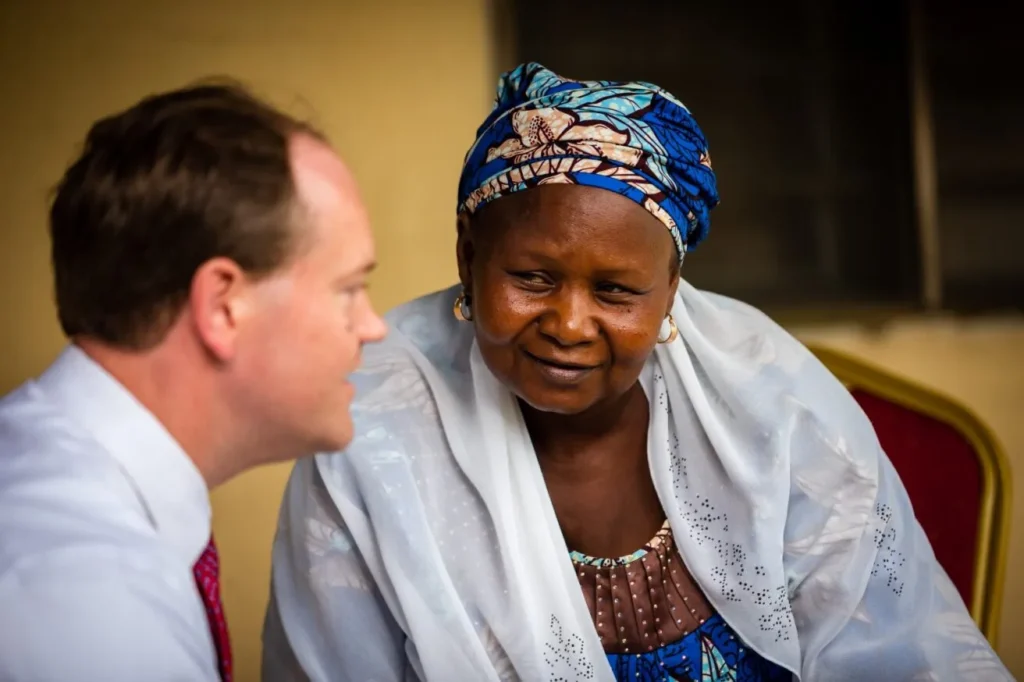- U.S. officials, including Ambassador Mike Waltz, singer Nicki Minaj, and religious freedom advocates elevate urgent concerns over rising anti-Christian violence in Nigeria.
- ADF International representative joined panel of religious freedom experts, calling for continued U.S. and global action to protect Christians in Nigeria.
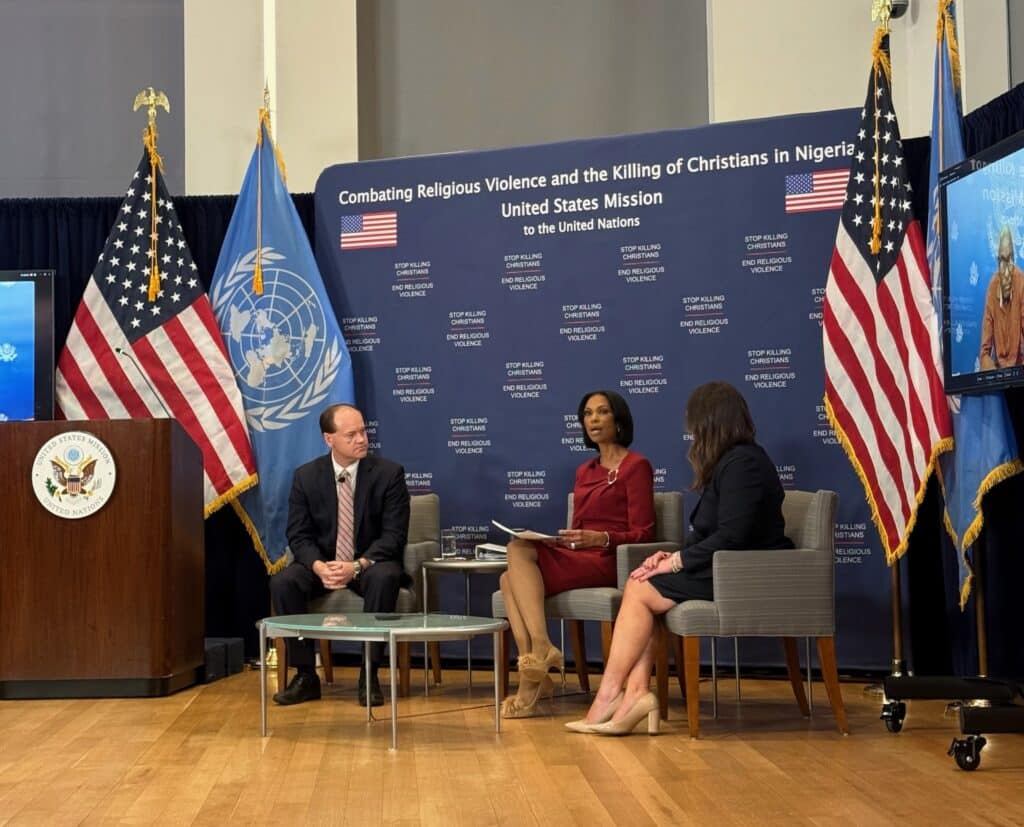
NEW YORK CITY (18 November 2025) – At an event hosted today by the United States Mission to the United Nations (USUN), religious freedom advocates and experts convened to highlight the escalating threats facing Christians in Nigeria. The event emphasized the need for sustained U.S. leadership and international action to address the crisis. Featured speakers included U.S. Ambassador to the UN Mike Waltz; singer Nicki Minaj, who has recently spoken out in support of persecuted Christians in Nigeria; and Sean Nelson, Senior Counsel for Global Religious Freedom at ADF International, joining a panel hosted by Fox News anchor Harris Faulkner. The panel also included remarks by Rev. Gabriel Makan, a pastor from Northern Nigeria, and Sarah Makin, former Senior Advisor to the President of the United State on International Religious Freedom.
The speakers called for greater recognition of the targeted and widespread persecution facing Christians in Nigeria, renewed diplomatic engagement and greater actions from Nigeria to support persecuted Christians, and stronger international measures to protect vulnerable communities and uphold the fundamental right to freedom of religion or belief.
“This event demonstrates clearly that the United States under President Trump’s leadership will not turn a blind eye towards the persecution of Christians in Nigeria and worldwide, but instead will press ever harder to ensure that the entire world knows about, and takes action on, the grave persecution of Christians,” Sean Nelson.
“We are grateful that the Trump administration continues to elevate the persecution of Christians, call for the Nigerian government to stop the denials and see the CPC designation as an opportunity for greater support to end the persecution and insecurity, and appreciate well-known public figures like Nicki Minaj using their platforms to bring much-needed awareness to this dire crisis.”
“This event demonstrates clearly that the United States under President Trump’s leadership will not turn a blind eye towards the persecution of Christians in Nigeria and worldwide, but instead will press ever harder to ensure that the entire world knows about, and takes action on, the grave persecution of Christians."
- Sean Nelson, Senior Counsel for Global Religious Freedom at ADF International
Continued Action from U.S.
Religious freedom experts have long advocated for the U.S. government to address the worsening situation in Nigeria. On 31 October 2025, the Trump Administration redesignated Nigeria as a “Country of Particular Concern (CPC), marking a major step forward for protecting persecuted Christians in the country.
“Protecting Christians is not about politics – it is a moral duty,” Ambassador Waltz said in his opening remarks. “We need voices that pierce the silence we have heard from the international community, that humanize the statistics we keep hearing, and demand accountability.”
Advocates are now calling for continued action from the U.S. following the CPC designation. In a coalition letter thanking President Trump for his actions on Nigeria, signatories highlight the key steps necessary for Nigeria to undertake to protect persecuted communities, including: 1) increased security and reliable early warning systems for Christian communities, particularly in the Middle Belt where Fulani militant attacks are the worst; 2) swift prosecution for attackers; 3) facilitating the safe return of internally-displaced persons; and 4) repealing the country’s draconian Sharia blasphemy laws. By pressing for these measures, advocates aim to guarantee that the CPC designation leads to tangible improvements for Nigeria’s persecuted Christians and lasting protections for religious freedom.
In addition to experts and officials, public figures have continued to speak out against the anti-Christian violence taking place in Nigeria. Among these are Bill Maher, who drew attention to the issue in late September, sparking widespread online discussion.
Singer Nicki Minaj has been vocal online about the crisis, leading to her appearance on today’s panel.
Following the Trump administration’s CPC designation, Minaj tweeted, “Reading this made me feel a deep sense of gratitude. We live in a country where we can freely worship God. No group should ever be persecuted for practicing their religion. We don’t have to share the same beliefs in order for us to respect each other. Numerous countries all around the world are being affected by this horror & it’s dangerous to pretend we don’t notice. Thank you to The President and his team for taking this seriously. God bless every persecuted Christian. Let’s remember to lift them up in prayer.”
Christian Persecution in Nigeria
Nigeria remains one of the most dangerous places in the world to be a Christian. In 2025 alone, more than 7,000 Christians have been killed for their faith, with an average of 35 murdered every single day. Since Boko Haram launched its insurgency in 2009, estimates indicate that between 50,000 and 100,000 Christians have lost their lives due to religiously motivated violence.
The destruction of churches has become a defining feature of the crisis, with over 19,000 churches attacked or destroyed in recent years. In the central regions of Benue and Plateau States the situation has worsened dramatically, with more than 9,500 people, mostly Christians, killed between May 2023 and May 2025, and around 500,000 individuals newly displaced from their homes due to targeted attacks.
Advocacy for Nigeria’s Persecuted Christians
ADF International advocates for Christians and other religious minorities who face severe persecution across Nigeria. The organization has supported multiple individuals targeted under blasphemy laws or attacked for their faith.
ADF International supported the legal defense of Rhoda Jatau, a Christian mother imprisoned for 19 months after allegedly sharing a video condemning the brutal lynching of Christian college student Deborah Emmanuel Yakubu. Jatau was fully acquitted in December 2024, marking an important victory for justice and free expression.
ADF International also backed the successful appeal of *David (name changed for security reasons)*, a Christian man who was wrongfully convicted and suffered torture after helping a convert escape violent threats. A Nigerian High Court ultimately overturned his conviction, acknowledging the injustices he endured.
Today, ADF International continues its support for Yahaya Sharif-Aminu, a Sufi musician imprisoned for over five years after a WhatsApp message deemed blasphemous. Previously sentenced to death, Sharif-Aminu is now awaiting his next hearing before the Supreme Court of Nigeria, and his case may be heard and decided in the coming months. Sharif-Aminu’s case has the potential to abolish Nigeria’s blasphemy laws, which embolden mob violence and fuel the climate of hostility facing Christians and other vulnerable groups.



